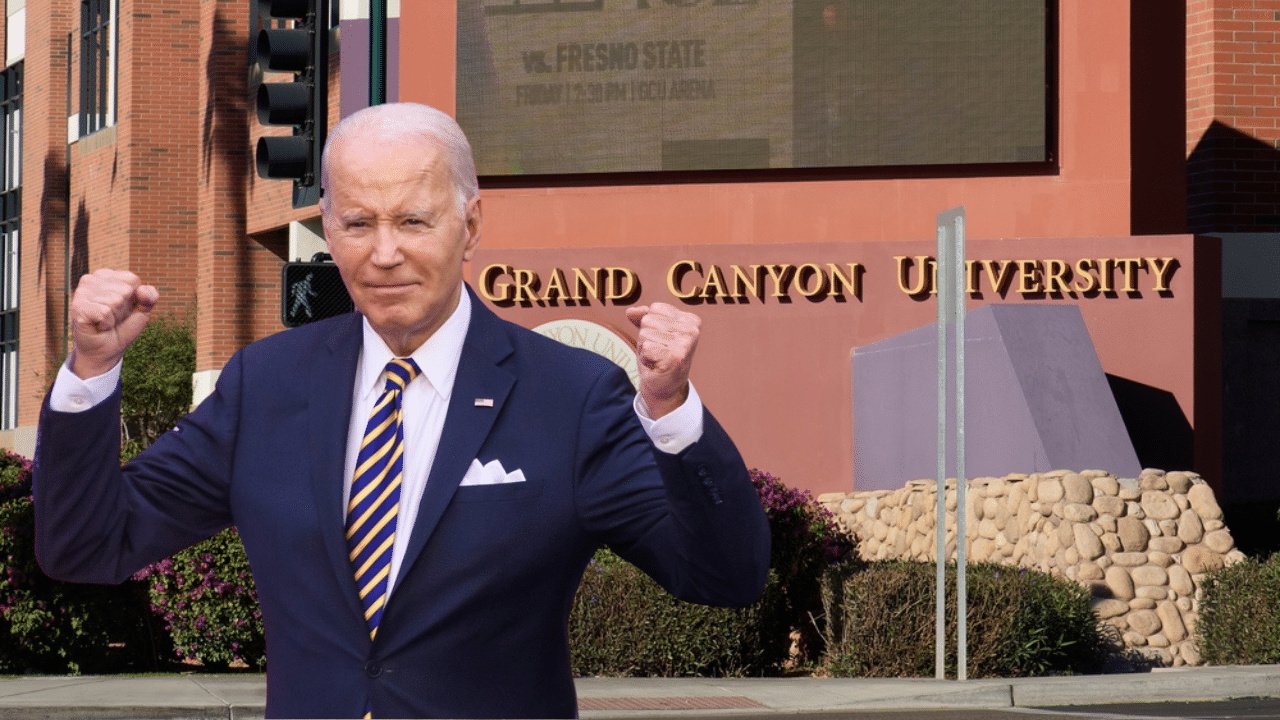Sitting in his spotless office in the New Hope Fertility Clinic in Mexico City, soft music playing in the hallway in the background, Doctor Alejandro Chávez-Badiola shows an affable smile. “’Three-parent babies’ is not the title I would have chosen for the treatment,” the clinic director says. “But if the press had not given it such an attractive title, the news of what we’re doing probably would not have had such an impact.”
Indeed, “three-parent baby” is easier to remember than “mitochondrial replacement treatment” (MRT), a relatively new procedure offered to couples who want to reduce the chance of passing certain genetic diseases onto their children. It is controversial because the embryo takes eggs from two mothers. Pregnancies through MRT, which is banned in the U.S., are achieved by transferring the nucleus from a mother’s egg to a donor egg, which in turn had its nucleus removed. The new egg is then fertilized by the father’s sperm and ultimately placed in the mother’s uterus. READ MORE
















